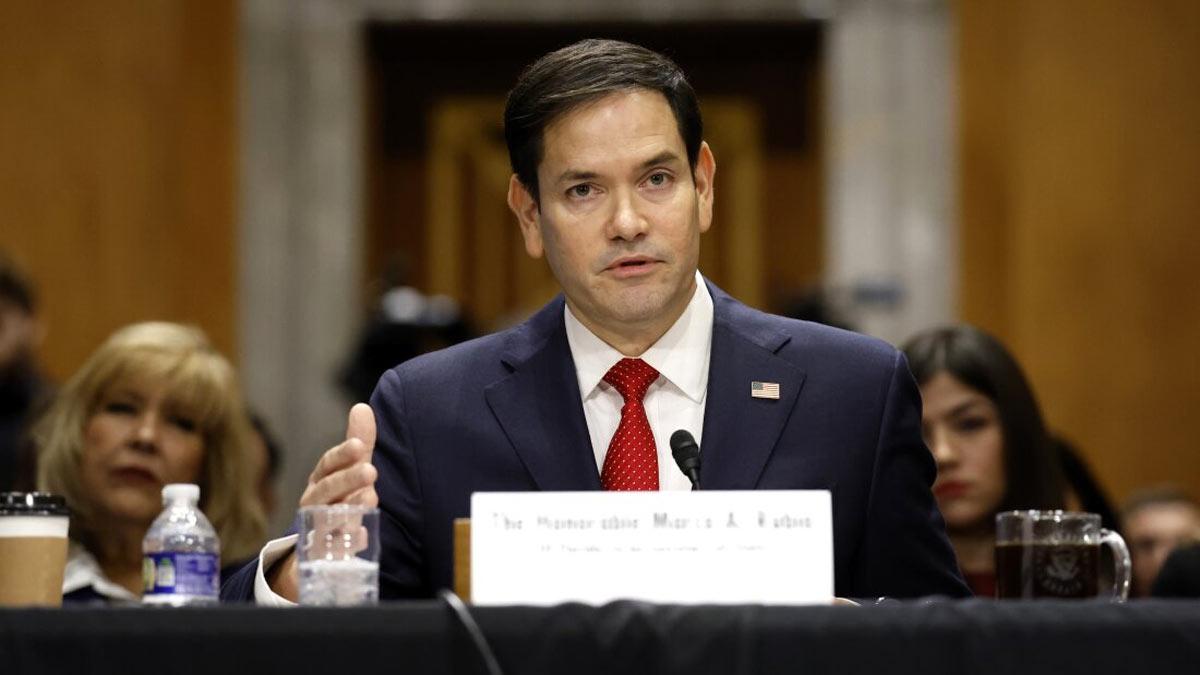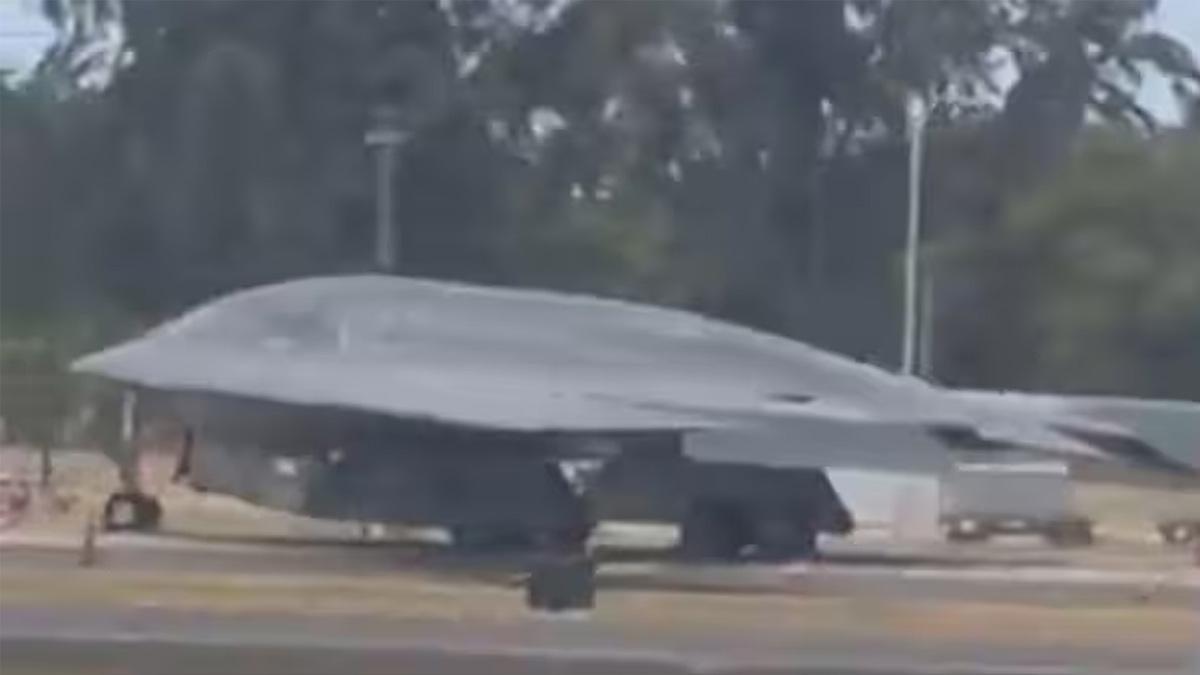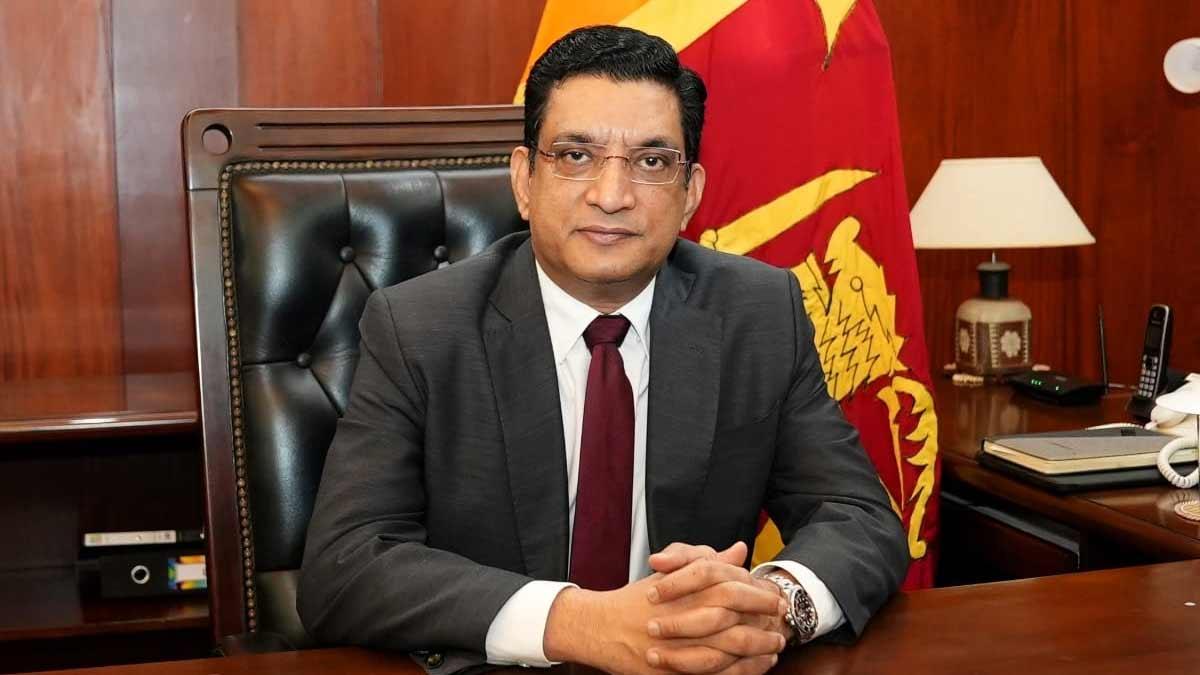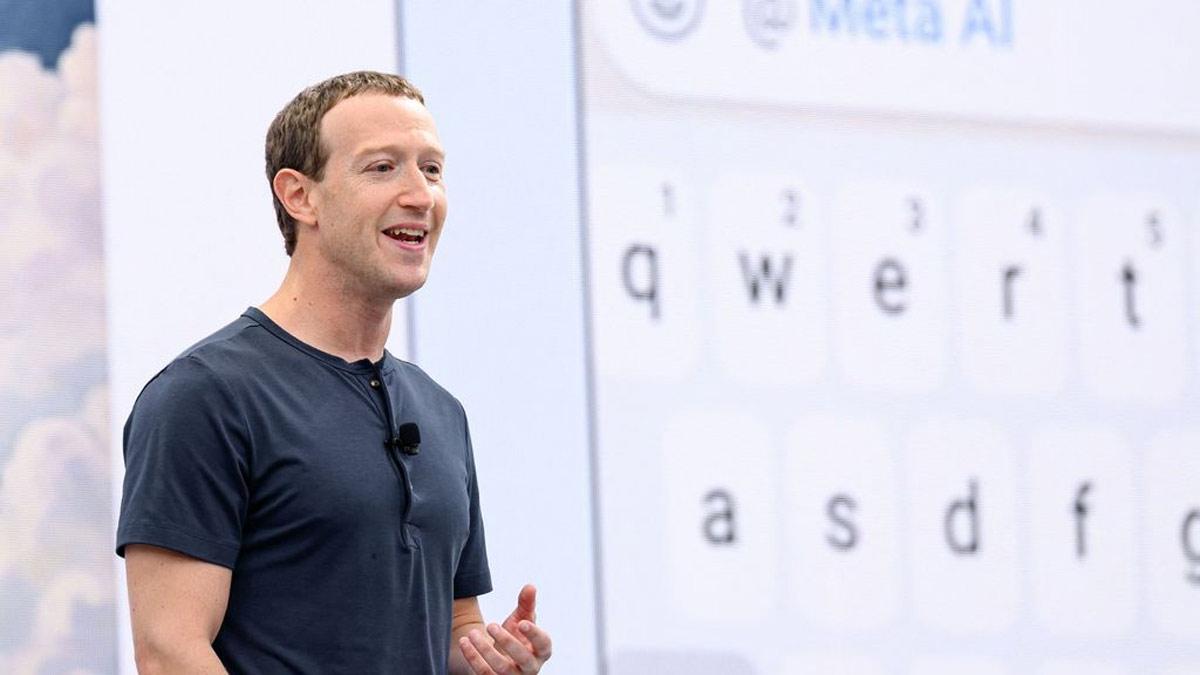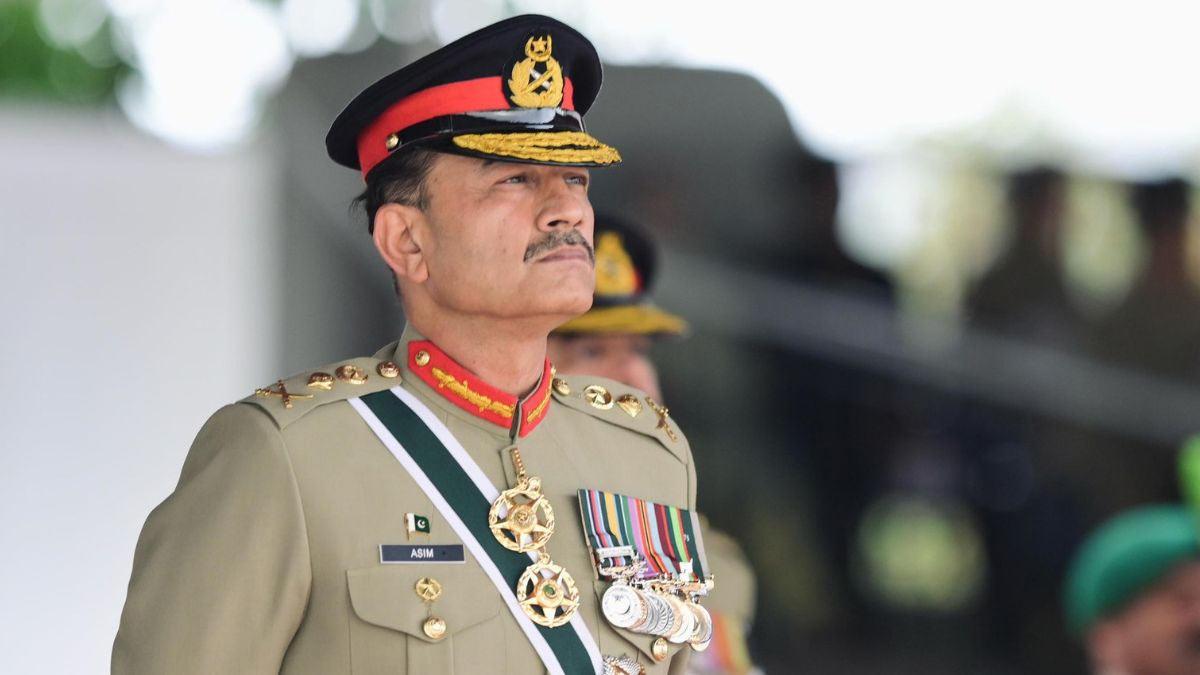US Secretary of State Marco Rubio called on Pakistan to participate in the probe into the "unconscionable" terror strike in Pahalgam, and also stressed that such atrocities need to be condemned.
During phone calls on Wednesday, Secretary Rubio separately telephoned Pakistan Prime Minister Muhammad Shehbaz Sharif and India External Affairs Minister S. Jaishankar.
During the calls, he urged the significance of "de-escalating tensions, restoring direct lines of communication, and ensuring peace and stability across South Asia."
What was striking was the diplomatic asymmetry of Rubio's overtures—speaking directly to Pakistan's head of government and speaking to India's foreign minister.
The protocol asymmetry was striking, given the emphasis diplomacy places on procedure and hierarchy.
Speaking of the events in the region, U.S. State Department Spokeswoman Tammy Bruce clarified on Tuesday that Secretary Rubio originally intended to speak to both countries' foreign ministers and call for restraint.
Instead of reaching out to Pakistan's Foreign Minister Mohammad Ishaq Dar, he called up Prime Minister Sharif directly.
"The Secretary referred to the necessity of condemning the April 22 terror attack on Pahalgam," Bruce paraphrased Rubio's conversation with the Pakistani Prime Minister. "Both leaders reaffirmed their continuing commitment to bringing terrorists to justice for their odious crimes of violence."
She further added, "The Secretary appealed to Pakistani authorities to cooperate in investigating this unconscionable attack. He also appealed to Pakistan to join India in de-escalating tensions, resuming direct dialogue, and maintaining peace and stability in South Asia."
During his talk with Minister Jaishankar, Secretary Rubio "condemned the loss of lives caused by the horrific terrorist attack in Pahalgam, and reaffirmed the United States' enduring commitment to cooperation with India in the struggle against terrorism," Bruce said.
She added that Rubio "called on India to engage with Pakistan to ease tensions and maintain peace and stability in South Asia."
The conversation with Jaishankar was an example of one tone of unprecedented empathy, an act by one terror-stricken country towards another.
In all the years, the U.S. has been a committed ally to India's counter-terror efforts, regardless of the administration or political leadership.
In the immediate aftermath of the April 22 attack, U.S. President Donald Trump contacted Indian Prime Minister Narendra Modi and reaffirmed support.
During Modi’s February visit to the White House, Trump personally announced the U.S. decision to extradite Tahawwur Rana to India—a key suspect now in Indian custody.
Read also| Pakistan Shuts Down Air Routes to PoK Amid Heightened India Relations
Read also| PM Modi to Skip Russia's May 9 Victory Day Parade Amid Rising Tensions

